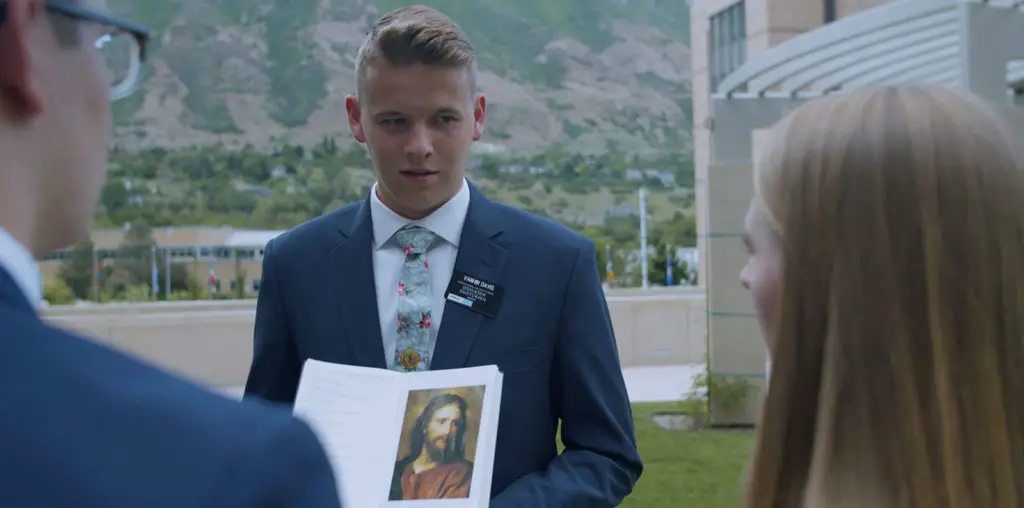
If you’ve ever walked down Hollywood Boulevard during tourist season, you’ve probably seen the many people dressed as comic book and movie characters who pose for pictures in front of Grauman’s Chinese Theatre. You may have even gotten a photograph with one of them and been asked for a tip for services rendered. A Los Angeles tourist attraction in their own right, the individuals who make their living dressing up as other actors and actresses are almost as much of a fixture in Hollywood as the star-studded granite slabs they traverse every day. But who are these people, really? Are they employed by the movie studios, the theatres, the city? Is dressing as a fictional character fulfilling their childhood dreams, or is it merely one stop on the road to fame and fortune that Hollywood so elusively promises?
In “Confessions of a Superhero,” director Matt Ogens explores the answers to these questions and more by examining the lives of four such individuals. Using a combination of still photography, interviews, and “day-in-the-life” style footage, Ogens documents the lives of Christopher Lloyd Dennis (Superman), Joe McQueen (The Hulk), Jennifer Gehrt (Wonder Woman), and Maxwell Allen (Batman) as they go about their daily business of posing as superheroes beneath the world famous Hollywood Hills.
Ogens’ documentary style in “Confessions of a Superhero” delves so successfully into the separate lives of these four individuals that it would be impossible to make a generalized statement about the people who do this for a living; while all four are aspiring actors, the roads that brought them into their current profession and the ways that they spend their time off the job are unique to each person. For example, while Joe McQueen began posing as The Hulk in an attempt to eke his way out of homelessness, Christopher Lloyd Dennis is a superhero purist, donning his red cape and blue tights every day out of his sheer love for Superman. Ogens explores each superhero’s history, simultaneously documenting their day-to-day struggle to make ends meet on the tips they may or may not be offered by their clients.
Adding to this sense of individualization is the use of shifting cinematography throughout the film. For each character, Ogens uses sets, lighting, and film or video stock that matches the superhero or comic book in question – flat lighting and bright 1930’s-style backdrops for Superman, for example, or dark, sparsely-lit sets for Batman. The effect is two-fold, adding to the theme of caricature and fiction while simultaneously deepening the lines of individuality and humanity behind each subject. Another interesting theme in the film is the question of fact versus fiction. Christopher “Superman” Dennis’s claim that he is the son of 1960’s actress Sandy Dennis is questioned by Sandy Dennis’s brother, and Maxwell “Batman” Allen confesses to heinous crimes and a background as a mafia hitman that remain unsubstantiated. However, Ogens opts out of creating a 60 Minutes-style exposè by choosing not to investigate these questions, but rather to put them forward as evidence that life is not always a matter of true or false.
Having grown up in Hollywood and spent many hours wondering about the backgrounds of the infamous Hollywood Boulevard “characters” myself, I found “Confessions of a Superhero” to be a fascinating exploration of people who I feel like I’ve grown up with, but never knew anything about on a deeper level. Much like the lives of the characters themselves, the film shifts constantly in tone and emotion, fluctuating between uplifting and depressing, heart-warming and disappointing, painful and just plain real…

